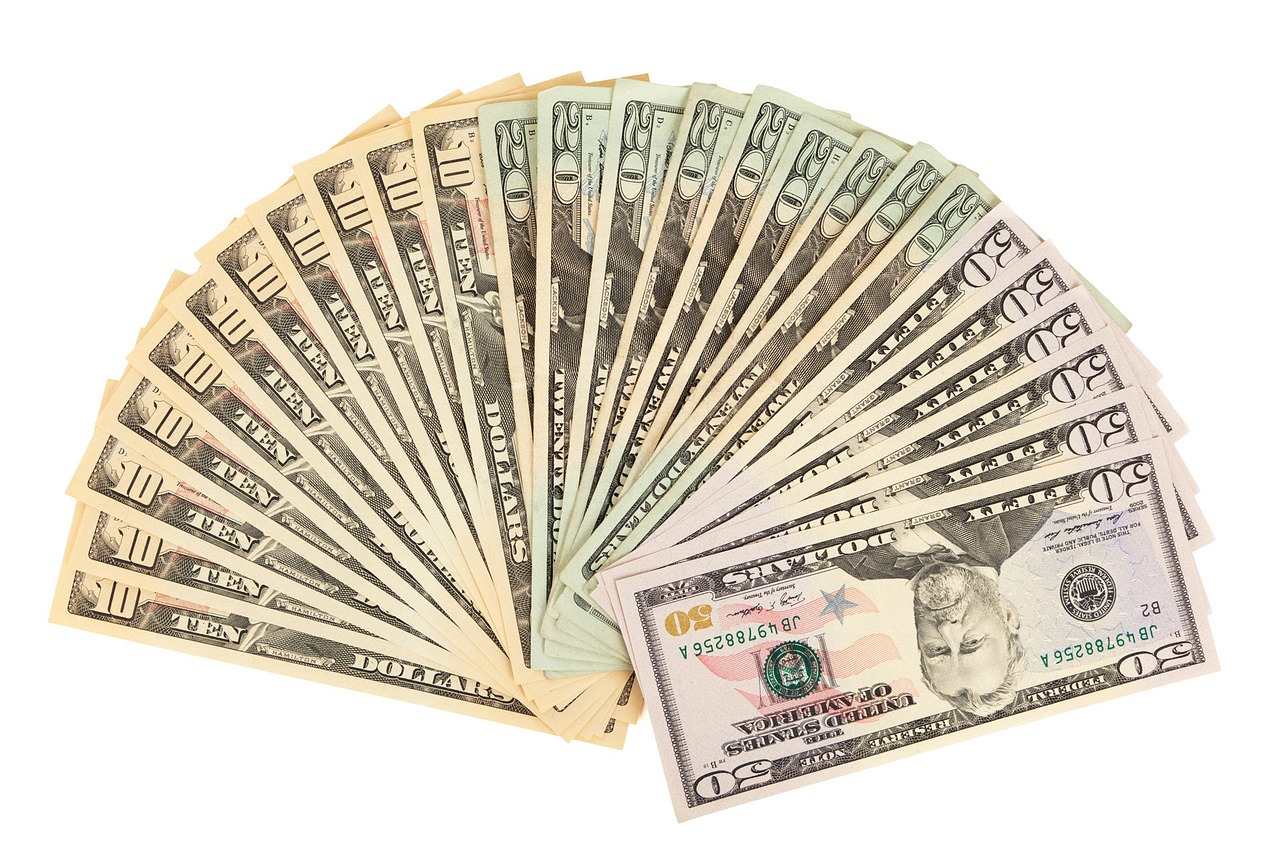The US Dollar closed at 109.510 for the week ended September 2, 2022, to a 2-decade high. Unemployment claims last week have come down from 237k to 232k.

US Dollar at 20-Year High

The US Dollar Index at 109.51 rose to a 20-year high to levels last seen in May 2002. The DXY surged to 109.98 on Thursday, September 1. The number of people claiming unemployment benefits declined last week with economic expansion and tightening monetary policy by the Fed. The labor market shows better job openings as employment levels are improving. The manufacturing and service sector is showing signs of recovery, and companies are willing to pay more to retain their workers, pushing the US Dollar value higher.
The US Dollar is sought as a safe-haven currency with the global slowdown. Inflation and supply chain disruptions have slowed growth in major countries like the Eurozone and China. Elections in the UK lowered the GBP to USD below the psychological level of 1.21.
The war crisis between Russia and Ukraine affects growth in countries like Europe, Japan, and Australia. The effects of the Russian-Ukraine war are lower on the US economy when compared to other developed countries.
Lower Unemployment Claims Strengthens the US Dollar
Unemployment claims have climbed down from 237k to 232k. The number of people seeking unemployment claims has come down by 5,000 from the previous week. Jobless claims have fallen to two-month low levels as the labor market shows signs of picking up.
Despite high inflation, which is at a 4-decade high, the labor market shows resilience in a weak economy. The number of job openings is growing. Consumer spending has climbed higher with good labor market conditions, though commodity prices remain high. The joblessness rate has come down, with the manufacturing and service sectors showing signs of growth.
The unemployment rate has increased from 3.5% to 3.7%. The economy shows signs of expansion as employment growth improves. There is a growing demand for workers, and organizations are willing to pay more to retain their employees. But a hike in salary levels will not be able to control inflation but will reverse it.
During his speech at the Jackson Hole, Fed Chairman Jerome Powell said that the decision regarding interest rates depends on the incoming data in September. Monetary policy tightening is expected to slow the pace of inflation.
The Fed brought interest rates to 2.25% during the July meeting. It is the fourth consecutive rate hike by the Fed, the highest since 2019.
The US Bureau of Labor Statistics says that nonfarm productivity for the second quarter of 2022 decreased by 4.1%.
The ISM Manufacturing PMI is at 52.8, remaining unchanged from July 2022 and better than the expected data at 51.9. The manufacturing activity in the US improved in August. Business surveys show positive growth in the manufacturing industry, which correlates with good job growth.
The aggressive rate hike decision by the Federal Reserve has improved the situation in the US. But borrowers face difficulties in handling high rates in the domestic economy. Policy rates have gone from near zero and are currently at 2.25% to 2.5%. Analysts expect another hike in the Fed meeting in September.
Construction spending is at -0.4%, from -0.5% month on month.
The US Dollar As a Safe-Haven Amid Global Slowdown
There are signs of economic slowdown in China, especially as the construction sector is on the brink of a collapse. China has lowered interest rates to control the weakening economy.
The Russia-Ukraine war has hurt economic development in both countries. Russia is the largest exporter of crude oil to other countries. Crude exports have dropped by trade sanctions from western countries. Trade relations have deteriorated between Russia and other countries.
There is record-high inflation in the Eurozone. The central bank hiked interest rates to protect the EU from falling into a recession. The high energy crisis and soaring inflation rates have hit every household. The inflation rate in the Eurozone is at a record high of 9.1% in August 2022.
The Japanese Yen is at a record 24-year low against the US Dollar. Imports have become expensive, hurting production. However, exports have become profitable. The Fed’s monetary policy has strengthened the US Dollar, which brought a steep decline in the Japanese Yen. The Ukraine war has hurt the Japanese economy.
The US Dollar is at a 2-decade high, as the demand for the greenback is improving. The Dollar is considered a safe-haven currency by investors. The economic slowdown has weakened major currencies like the Euro, the UK, and China.
The Euro slipped below the US Dollar parity and is at 0.9955. The US Dollar index slipped below the 1.21 level and is at 1.5113. The Japanese Yen is at a 2-decade high at 140.21.